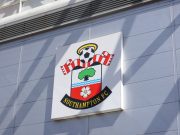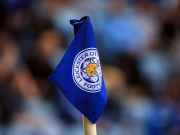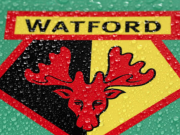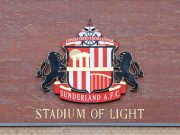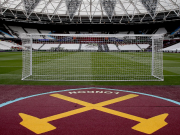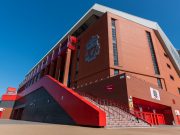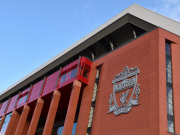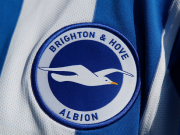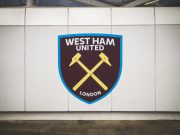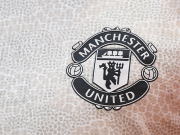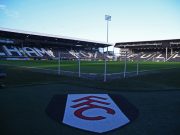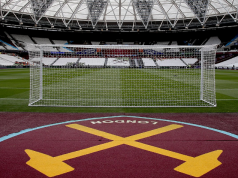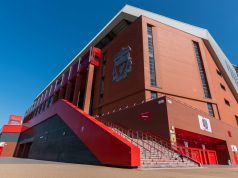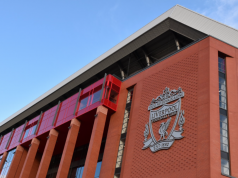Former Southampton owner Katharina Liebherr has admitted it was a shock when her father bought the club in 2009 and explained why she eventually sold up.
The multimillionaire has been speaking to Blick about the family’s ownership of Southampton, which lasted for 13 years before she eventually sold the majority of her shares and saw them further diluted by the new ownership.
The Liebherr family initially bought Southampton in 2009, with Katharina’s father Markus paid an undisclosed figure to take charge at St Mary’s.
Sadly, his reign would last just a year as he died unexpectedly of a heart attack in 2010 at the age of 62, a circumstance that nobody saw coming.
That saw Katharina handed the shares and control of the club and she would spend the next seven years in charge before selling an 80% stake to Chinese businessman Gao Jisheng.
Her remaining 20% stake in the club was diluted further down by the arrival Sport Republik, who bought the controlling stake in the club from Jisheng but not Liebherr’s 20%.
“It was a shock when my father bought Southampton FC!” she said on the initial takeover.
“As a family, we had no experience in this industry. He bought the club in 2009 and died in 2010. I have never seen him as happy as he was that year. Even though he wasn’t allowed to witness any of our ascents, he still fulfilled his lifelong dream.
“You need a lot of capital. Especially in the Premier League,” she added regarding her decision to sell up.
“The heights aren’t really a problem. With Ronald Koeman as coach and Ralph Krueger as chairman, we reached 6th place, and things went very well during the time that I was the sole owner.
“But it is important to prepare for worse times. We were looking for partners for this. My concern was always to find someone to whom I could pass the club into good hands.
“I always wanted to stay there, but above all because I have a strong emotional bond with the employees and can build a bridge to a new owner. Mr. Gao had similar values to my father. That would actually have been a good solution.
“Unfortunately, we were relegated in the summer, and that didn’t have a positive impact on the club’s value. We want to get promoted again and then I am convinced that the club’s value will recover again.”


